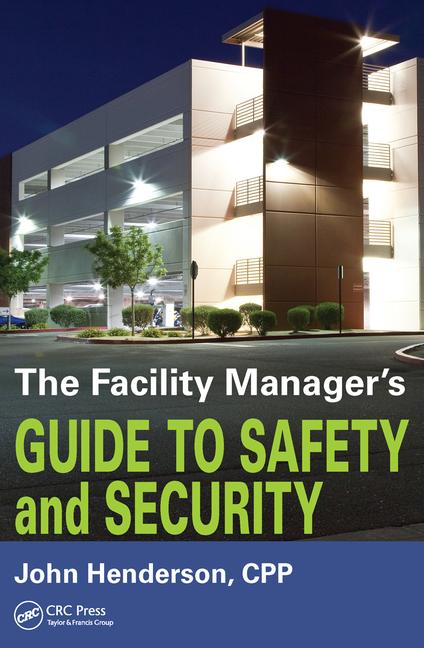Cash flow is the pivotal point of success or failure for every business owner and manager, and it can vary month to month for millions of businesses, in every industry, security included. Strong cash flow can mean success; lack of it can signal a crisis. When there isn’t enough cash, the sales department is generally under significant pressure to perform and the rest of the company has limited resources to accomplish their goals. Most employees have no idea what their employer’s cash flow is, but they may feel the generalized pressure inside of a company that is struggling with cash flow issues. Managers and business owners often look to employees to fix these issues by telling them to sell more, spend less, work longer, call more, try harder, or perform better.
In an effort to see results, managers will sometimes change commission structures or shuffle employees; they will try different strategies until something works to better the situation. Top-floor management often assumes that if sales were better, so would cash flow be. There is some logic to this kind of thinking, but it often isn’t the answer to the problem. On the flip side: employees tend to blame management for poor business practices when there are cash flow problems often because they feel the stress of limited resources and services that make it difficult to do their jobs. The answer is usually more complex and requires an in-depth analysis of the company itself.
There are many things that can contribute to a lack of cash flow and it rarely sits in the hands of just the sales team. Cash can easily be affected by many things from how an operator manages company funds to how well the products that are being sold are designed, and many other reasons. One frequent problem that can occur in these situations is when both sides (management and employees) begin to play the blame game, and this cannot provide a resolution to money problems. Many times I have gone into an organization and seen two sides pointing fingers at one another, attempting to prove who’s right and wrong. The employees can rarely win in this blame game, and even if they oust a superior, they are likely to face similar issues with new management, especially when the crux of the problem isn’t resolved. You can rarely dictate a positive cash flow, yet you must accomplish a positive cash flow. You must know where the opportunity for growth exists, and understand the process needed to create this growth. You must have the adequate resources and money to institute change.
It is very important to have the right people on your team to do the work needed to create change and have success in your endeavors. Your team must have the drive and persistence to fight through any struggles without playing the blame game. Management and employees must be willing to change, adjust, to think, and listen to one another. By taking these steps you can begin to create new growth and opportunities that will bring cash flow back to the company. It’s not always easy. In every case where I have driven change, there is a point where it is a bit scary.
When you are letting go of old systems and replacing them with new ones, there comes a time in the transition process that you will be outside of your comfort zone. When this happens, I always see people wanting to retreat back to the safety of the way it was, at some point, because it’s comfortable. This behavior is not productive. The only way to move forward is to accept that the old ways of doing things did not provide growth or the right results for the company. It takes time to institute change and to cultivate growth, but increasing cash flow in your business is a process, and often a series of steps, and by working through them, it is possible to get the results you want and the money flowing in the right direction.






